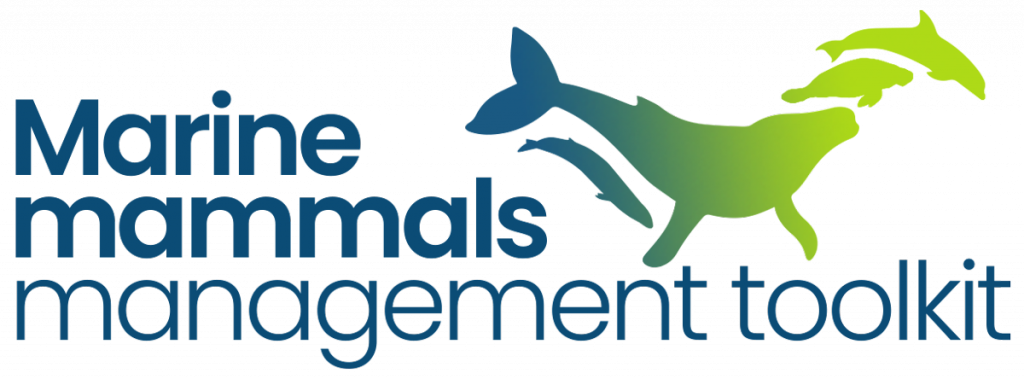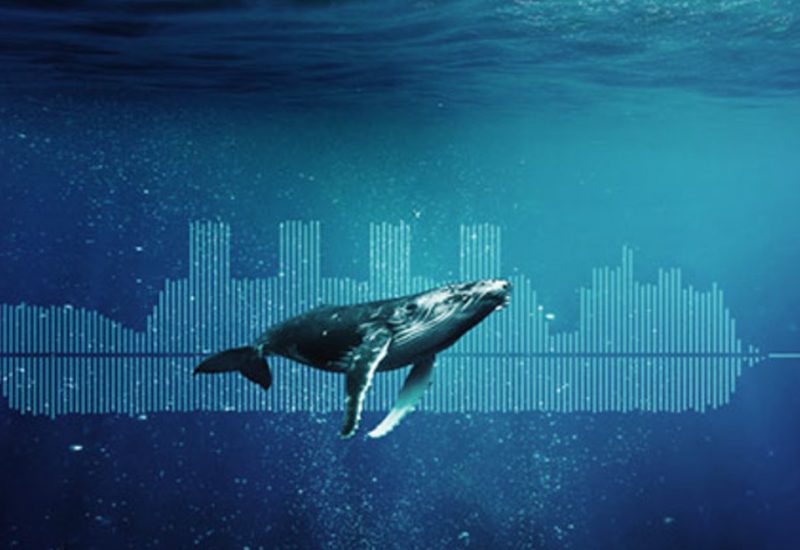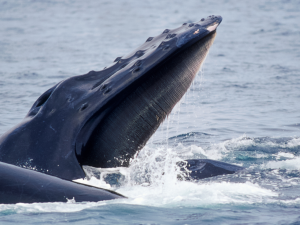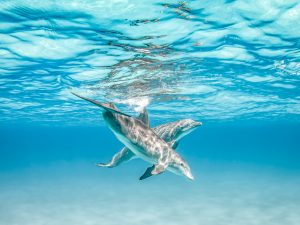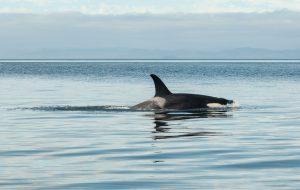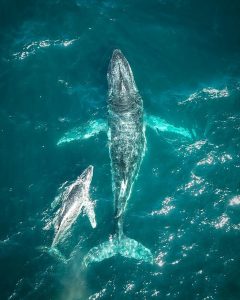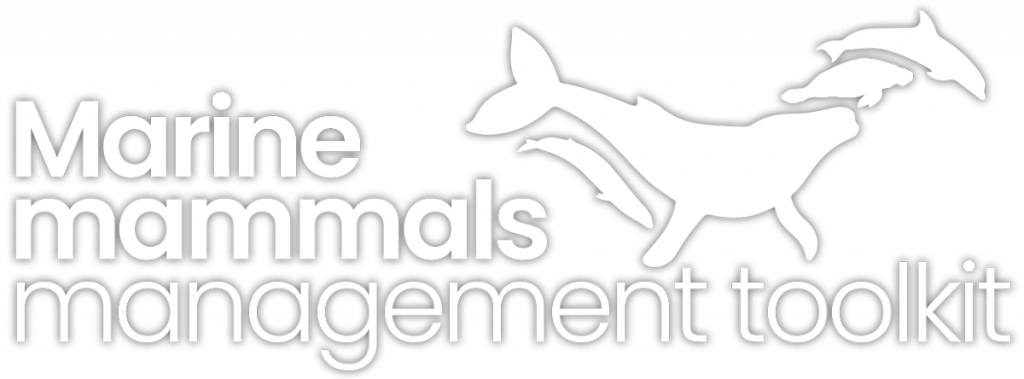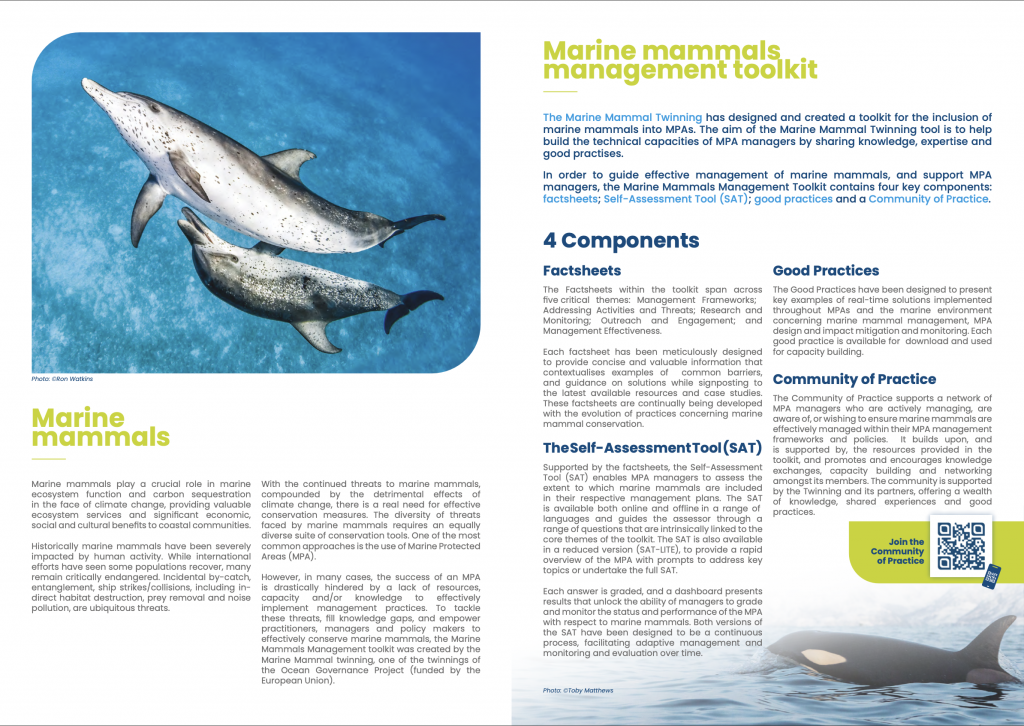The International Fund for Animal Welfare (IFAW) has recently launched a campaign to tackle shipping threats faced by marine mammals in Europe, through an enterprising scheme called Blue Speeds. They are calling on ships travelling to and from European ports to slow their speeds in order to reduce noise pollution, reduce the risk of collisions with whales, and mitigate greenhouse gas emissions (GHG).
European waters are home to an incredible array of marine mammals and are important habitat for whales as this is where they travel, feed, socialise, give birth, and nurse their young. Whale populations are threatened by the constant pressures of Europe’s busiest shipping lanes, and with the increase in traffic and speed, record-high levels of underwater noise are being recorded. This has detrimental effects on whale health and behaviour because of their dependency on sound to feed and communicate. Interactions with commercial shipping can also cause unnecessary stress, injury, or death.
Globally, reducing ship speeds by just 10% can achieve the following:
- Reduce ocean noise pollution from shipping by around 40%
- Reduce the risk of ships colliding with whales by about 50%, and
- Lower greenhouse gas emissions from shipping by 13%
IFAW are currently calling on EU institutions to adopt Blue Seeds, an EU-wide measure for the implementation of slower ship speeds (a 75% maximum ship design speed ceiling) – as a condition of entry into European ports.
In October 2023 IFAW will ask Members of European Parliament to sign a pledge.
Source: IFAW
